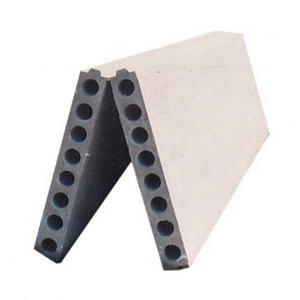Understanding Calcium Chloride in Concrete Admixtures
(Calcium Clarity: Understanding Chloride in Concrete Admixtures)
Concrete admixtures play a crucial role in enhancing the properties of concrete, such as workability, strength, and durability. Among these additives, calcium chloride is one of the most commonly used substances due to its various benefits. However, it’s essential to understand the role of calcium chloride within concrete mixtures and how it affects the overall performance of the concrete.
Calcium chloride is a salt derived from the evaporation of sea water or brine. It’s a white crystalline solid that is highly soluble in water. When added to concrete mixtures, calcium chloride acts as an accelerator, speeding up the hydration process of cement. This leads to faster setting times and can also enhance the early strength development of the concrete.
One of the primary advantages of using calcium chloride as an admixture is its ability to freeze-resistant properties. By lowering the freezing point of water in the concrete mixture, calcium chloride helps prevent the formation of ice crystals within the concrete. This prevents damage caused by thermal cracking during the freezing and thawing cycles, particularly beneficial in cold climates.
However, the use of calcium chloride is not without its drawbacks. One significant concern is its potential for corrosion of steel reinforcement within concrete structures. The high chloride content can accelerate the corrosion process, leading to structural weakening over time. To mitigate this risk, it’s essential to control the chloride content in the admixture and ensure compliance with relevant codes and standards.
Another consideration when using calcium chloride is its potential impact on concrete’s durability. While it aids in freeze-thaw resistance, excessive chloride can lead to other durability issues, such as alkali-silica reaction (ASR) and alkali-aggregate reaction (AAR), which can cause swelling and cracking in the concrete. Therefore, careful selection and application of calcium chloride admixtures are necessary to balance the benefits and risks.
(Calcium Clarity: Understanding Chloride in Concrete Admixtures)
In conclusion, calcium chloride is a versatile and valuable additive in concrete admixtures, offering benefits such as accelerated setting, improved early strength, and enhanced freeze-thaw resistance. However, its use must be carefully managed to avoid potential drawbacks, including corrosion of steel reinforcement and adverse effects on concrete durability. By understanding the role of calcium chloride and its implications, engineers and construction professionals can make informed decisions that optimize the performance and longevity of concrete structures.
Inquiry us
if you want to want to know more, please feel free to contact us. (nanotrun@yahoo.com)

